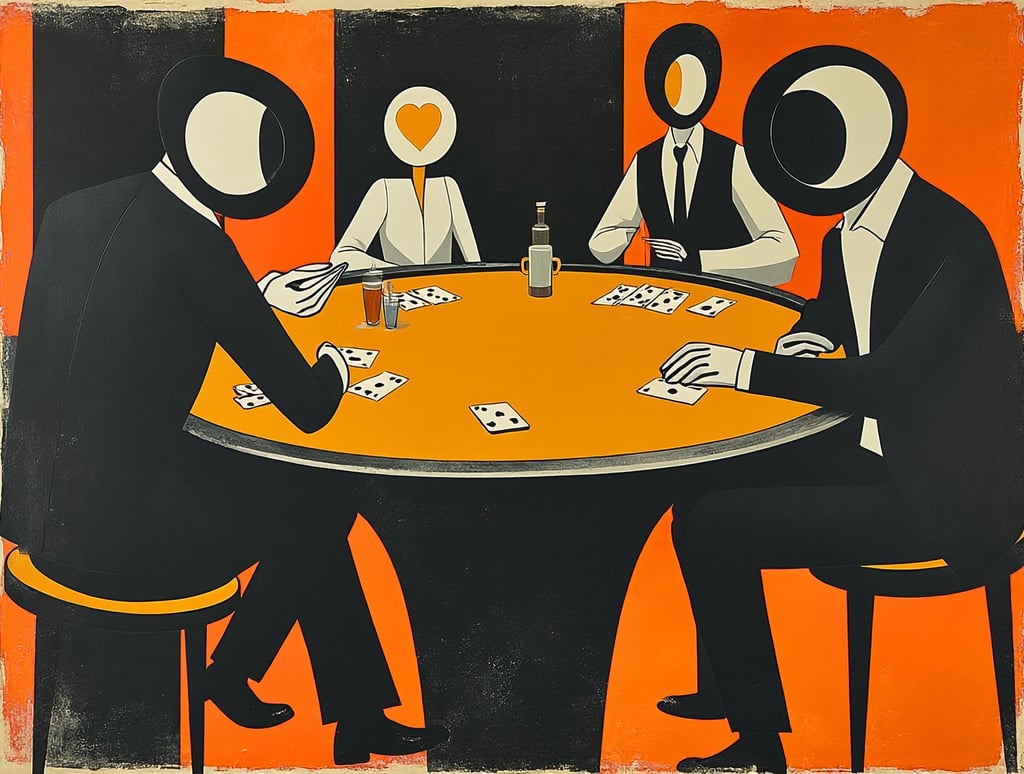Poker & Marketing [Part One]: Play from Position
Act out of position and you put your message at risk.
11/5/20242 min read


I've been a poker enthusiast for as long as I can remember. It was a holiday tradition in our house, and I was three-betting my elders at Thanksgiving from the moment I could count. My grandfather and I spent hours watching the World Series of Poker on ESPN. The year Chris Moneymaker won the Main Event was a miracle that made us believe we could play with the pros.
Poker, as it turns out, isn’t just a game of luck or skill. It’s a crash course in economics, psychology, and even strategic communication. It’s about making the best decisions you can with the information you have, relative to everyone else at the table. And the lessons translate surprisingly well to marketing.
One of the most critical concepts poker teaches is the power of position. When you’re in a late position—that is, when you’re last or near last to act—you have the luxury of observing how your opponents act before you make your move. You get to watch, assess, and make decisions with more information than the players who went before you. Early position, by contrast, means less information and more risk.
In marketing, the idea is similar. Strategic positioning isn’t just about launching a campaign at the right time; it’s about understanding the market dynamics and your competitors’ moves. It’s about acting when you have an edge in information—when you have better information about how people will respond, what your audience needs, and what your competitors are likely planning.
For liberty-minded marketers, this kind of strategic positioning is invaluable. Before launching a new initiative, consider what others are doing, how the conversation is evolving, and where you can make the biggest impact. Sometimes, you’ll want to take an aggressive stance if you notice a competitor playing too passively, like a poker player who folds too often. This could mean seizing an opportunity to dominate the narrative with bold messaging or a high-impact event—pressing when you can see ground being won.
But here’s the kicker: if you always act aggressively, people catch on. Just like in poker, where a player who constantly bluffs will soon be called out, a marketing strategy that’s too predictable loses its edge. If your messaging is always aggressive, you’ll lose attention. If it’s the same tone or style or medium as everyone else, you won’t stand out.
The key is to mix things up—balance your bold moves with moments of restraint. Always keep your competitors guessing and your audience interested.
Effective marketing, then, is about more than having great ideas; it’s about using those ideas with supreme purpose. It's about playing your hand smartly, with insights that put you ahead of the game—not just acting quickly, but acting intelligently. And when you do, you’ll find that, like in poker, the best rewards often come from playing your position well.
